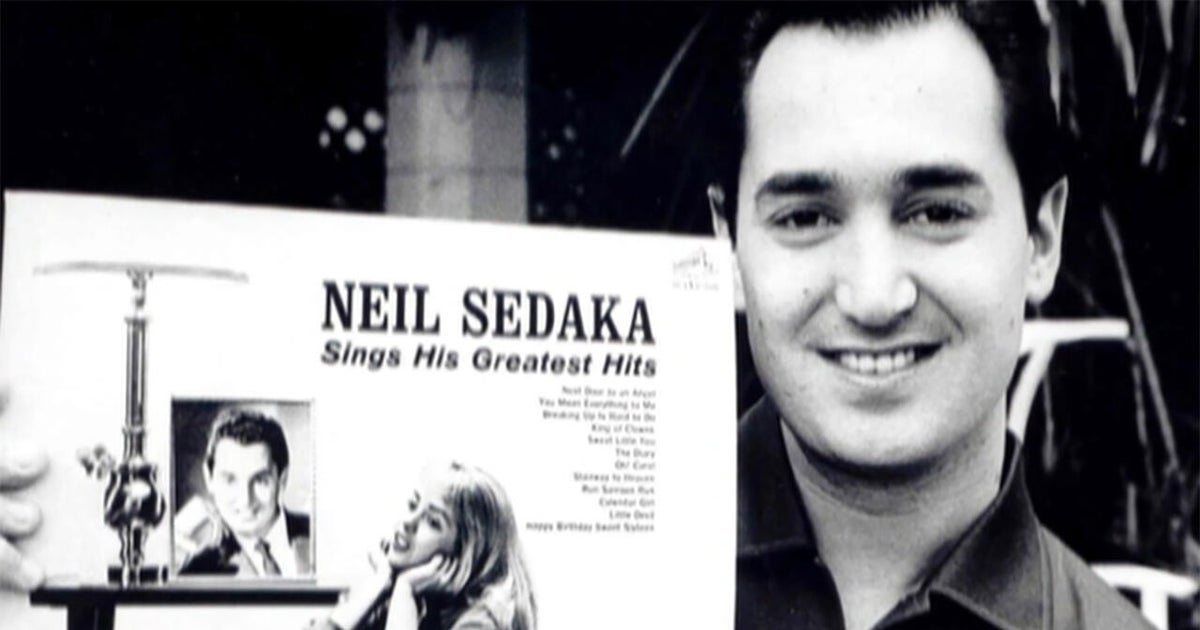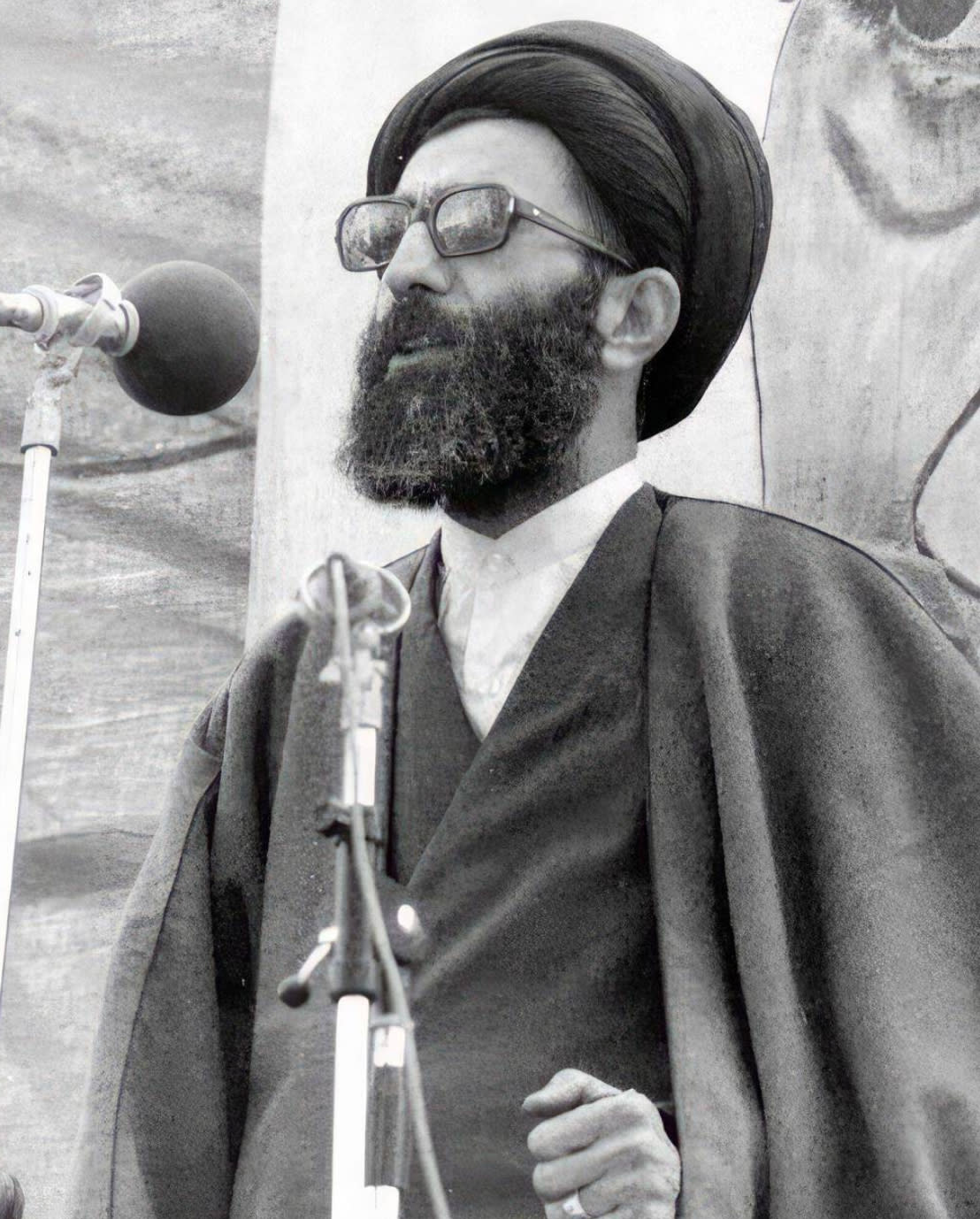Carly Simon's Latest Confessional
This segment originally aired Jan. 28, 2001.
She's done it again.
Carly Simon has written a series of very personal songs, songs very much like her: sensuous, intelligent, unconventionally beautiful, often complicated, reports CBS News Sunday Morning Correspondent Rita Braver.
Simon's latest CD is called The Bedroom Tapes, recorded in a studio that was once her daughter's bedroom.
"They were a group of songs. I didn't expect them to actually come out as a record," says Simon. "And so I just thought, 'I'm gonna write what is in my heart. I'm gonna write what I'm going through.'"
But a live Carly Simon performance is a rare happening, She doesn't like to appear in public and, after undergoing a lot of therapy, she has stopped trying to figure out why.
"The reason I don't think it's stage fright is because sometimes it happens in Bloomingdale's," she says with a laugh. "Sometimes, it happens, you know, on the beach. It's this chemical, physical ill-at-easeness in my body, which is sort of kin to an anxiety attack. And you can have anxiety attacks when you're anywhere. It doesn't have to be on stage."
She grew up a child of privilege. Her father was one of the founders of the publishing giant Simon & Schuster. He loved Bach and Beethoven. Her mother favored Broadway show tunes. Carly loved it all, including folk, jazz, and rock 'n' roll.
"I thought, 'Well, if I had the nerve, I'd be a singer.' But I was always shy," she recalls. "And...I always had this ambivalent feeling of wanting to be in the spotlight, but being too shy to be in the spotlight."
She also had a stammer, which disappeared when she sang. "I'm not exactly sure why, except that I think it uses a different muscle," Simon explains. "And there's a memory connected to a different set of muscles when you sing. And so, my mother was...was greatly helpful. And so, whenever I would be trying to say something that I couldn't say, she would just say, in a very nice and diplomatic way, 'Just, sing it, sweetheart.'"
It worked. Soon she was singing whenever, wherever, she could. With her sister, Lucy, she formed the Simon Sisters. But, eventually, Carly Simon found her own voice in her writing. Singing her songs, she became a one-woman hit factory. Songs like You're So Vain became American classics.
Ask her if that song was written about Mick Jagger or Warren Beatty, and she'll refuse to solve the mystery.
"You know, I could never solve it," says Simon, "because if I solved it, then no one would have anything to talk to me about."
Simon's first marriage was to another high-profile singer-songwriter, James Taylor. The very famous marriage ended in an equally famous divorce. She keeps those times as private as she can.
"I'm just a jukebox of ambivalence about it," she explains. "So you can press any of my buttons, and they'll probably give you a different answer at a different time of day."
Simon and Taylor will always share their two children, Ben and Sally, both of whom are into the family business of making music.
"They are remarkable," says Simon. "I love them so much. And there's almost nothing else to say."
Again, Simon's experience is woven into music. Her song about a mother's love, titled A Mother's Intuition, is slated for a new Disney movie.
She already has hit it big in films. Let the River Run from Working Girl won her an Oscar.
"That was pretty exciting," she says. "I must admit to a real high there. And it lasted for awhile."
Of course, it could have been the anti-depressants she had started taking a couple of weeks before she won the Oscar. She still takes anti-depressants, but not all the time.
"I will go off an anti-depressant - I mean, I definitely have," she says. "I have a chemical strangeness in there that either goes in the direction of anxiety or depression. And it has my whole life. I didn't know what to call it early on in my life, when I was when having all those anxiety attacks when I was a 7 year old... But, yeah, I'm much more stable now when I am [taking anti-depressants], although I go off them every once in a while to prove to myself that I really am still crazy."
Crazy? Maybe. But definitely courageous. Several years ago, she developed breast cancer. After chemotherapy and a mastectomy, she is healthy now and strong enough to acknowledge the depth of her pain in Scar, one of the most intense songs on The Bedroom Tapes.
"It's a metaphor for the big wounds we suffer during a lifetime," explains Simon. "There's so many things that can happen to us. So Scar was a delving into that whole process."
Part of her message is that it takes a really big man to love a really big scar.
"You want to be loved for all your scars, and for all your experiences," she says. "It is a struggle. It is a battle. It's an ongoing battle. And that somebody sees that about you, and loves that about you, is the most embracing thing."
One of the great strengths in her life, in good times and bad, has been her husband of the last 13 years, Jim Hart, a writer and magazine publisher. He was one of the people still at her side after her illness and after a bout of writer's block.
There was a time when she thought that she might not be able to write anymore.
"Well, I thought that...nothing was good enough," she says. "Nothing that I wrote had any resonance, or it was just boring. It sounded hackneyed, it sounded trite. It sounded like 'been there, done that.'"
Then, in a bar in Wood's Hole, Mass., waiting for a ferry to Martha's Vineyard, she heard Gershwin's Embraceable You playing on the jukebox.
"I wondered whether he'd ever been through such a situation, such a writer's block," Simon recalls. She picured him in the apartment on New York's Riverside Drive, trying to write Embraceable You, she says, "wondering if he doubted himself. Wondering if he ever got his house in the country or made his ferry or his boat back to his island.
"And, somehow," she concludes, "that song and thinking about Gershwin struggling made me go back...to my piano and write. And whatever came, I would be more tolerant of."
Thankfully, the songs came. Carly Simon heard the music again. And so do we.



